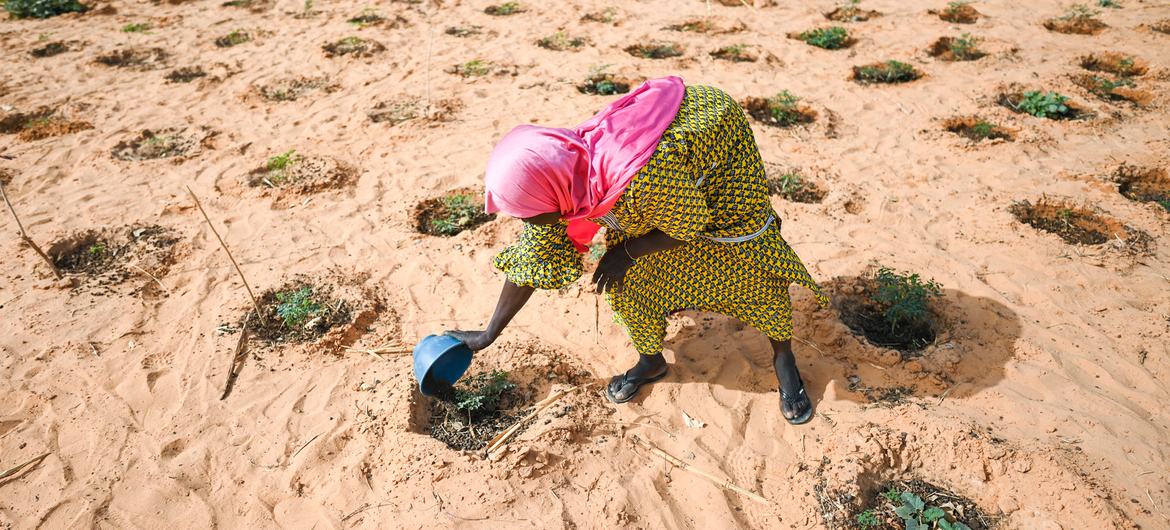
14th February 2024, UN Headquarters New York, CSocD62 Side Event organized by Sikh Human Rights Group, Soroptimist International and NGO Committee on Financing for Development.
In the aftermath of COVID-19, macroeconomic policies are being reshaped. While policies were put in place during the pandemic to mitigate the harshest financial impacts of the pandemic, these policies are now being replaced in favour of fiscal austerity. This severely affected the ability of states to finance their projects aimed at achieving the SDGs and the goals set by the Paris Agreement.
With her introductory words, Ms Anita Thomas, Chair of the NGO Committee on Financing for Development and Main Representative to the UN for Women First International Fund, presented the origin of the international financial architecture and its main current dysfunctions. Mr Kultar Singh Sandhwan, Speaker Kultar Singh Sandhwan is the 18th and current Speaker of the Punjab Legislative Assembly, followed in the panel and showcased some practical programmes of Punjab Government in tackling poverty. These include free electricity to farmers, free electricity up to 300 units to every household, food at doorstep for all people in need, free food with nutritional supplements for school children, free education for all children up to to age 14, scholarship to postgraduation to all students with disability, free uniform to all school children from marginalised communities, free transportation for school children. Social protection floors are also included in this package of measures offering social security for older people, widows, dependent children up to age 21. In addition, financial assistance is available for people with disability, maternity benefits, and free adoption services.
Daniela Berdeja Ruiz, Sovereign Debt Analyst and Coordinator of the LAC Vulnerability Atlas at the Latin American Network for Economic and Social Justice - LATINDADD, then went on to show how with this shift towards austerity policies, countries and population groups were unequally affected. By prioritising debt repayment amid ever-increasing debt service, social spending is being crowded out and setting global south countries back in their progress towards achieving the SDGs. This setback in development disproportionately affects women, the elderly, children and indigenous populations, increasing their vulnerabilities in the aftermath of the pandemic. However, as a political decision, austerity is avoidable. Instead, alternatives entail debt relief measures, elimination of IMF surcharges, and Special Drawing Rights allocations under fairer distribution criteria.
Foteini Papagioti, Deputy Director of Policy & Advocacy, International Center for Research on Women, continued highlighting how women and girls are disproportionately affected by austerity measures due to preexisting patterns of discrimination, compounded by their race, disability, migration or marital status, and other intersecting identities. She also highlighted power imbalances and democratic deficits in decision-making in the international financial architecture that impede necessary reforms that can lead to gender-transformative global debt, taxation and social protection policies.
Dr. Barry Herman, Former visiting Senior Fellow at the New School with nearly 30 years of experience at the United NAtions Secretariat, concluded the panel by discussing the IMF’s new strategy for greater engagement in spending on health, education, and social protection in member countries. However, early assessments suggest shortcomings in implementation. To be fair, Covid-19 delayed guidance to staff working with countries. That guidance is coming now, and an important aspect is an openness to hear from civil society, academics and labour in member countries and not just engage with finance ministries and their foreign and domestic creditors, and thus to consider alternatives to standard cutbacks in social spending. To this end, the Global Coalition for Social Protection Floors has worked with local partners to help strengthen their advocacy capacity through increased understanding of public finance management. As Herman said, the IMF has asked for social pushback and they should get it.
For more information about the 62nd Commission for Social Development (CSocD62), please visit: https://social.desa.un.org/csocd/62nd
Source: Sikh Human Rights Group
 Welcome to the United Nations
Welcome to the United Nations